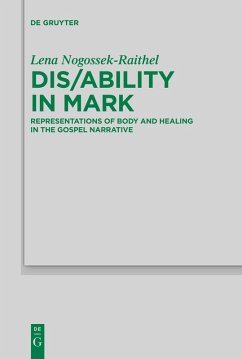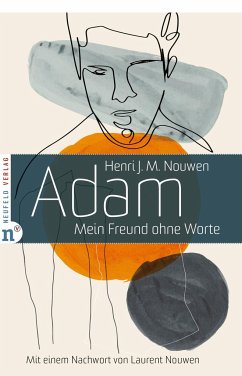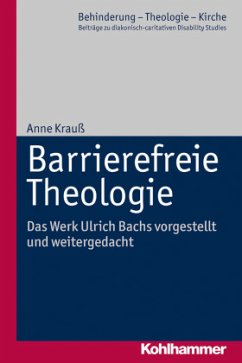Nicht lieferbar

"The Poor, the Crippled, the Blind, and the Lame"
Physical and Sensory Disability in the Gospels of the New Testament. Dissertationsschrift
Versandkostenfrei!
Nicht lieferbar
The New Testament gospels feature numerous social exchanges between Jesus and people with various physical and sensory disabilities. Despite this, traditional biblical scholarship has not seen these people as agents in their own right but existing only to highlight the actions of Jesus as a miracle worker. In this study, Louise A. Gosbell uses disability as a lens through which to explore a number of these passages anew. Using the cultural model of disability as the theoretical basis, she explores the way that the gospel writers, as with other writers of the ancient world, used the language of...
The New Testament gospels feature numerous social exchanges between Jesus and people with various physical and sensory disabilities. Despite this, traditional biblical scholarship has not seen these people as agents in their own right but existing only to highlight the actions of Jesus as a miracle worker. In this study, Louise A. Gosbell uses disability as a lens through which to explore a number of these passages anew. Using the cultural model of disability as the theoretical basis, she explores the way that the gospel writers, as with other writers of the ancient world, used the language of disability as a means of understanding, organising, and interpreting the experiences of humanity. Her investigation highlights the ways in which the gospel writers reinforce and reflect, as well as subvert, culturally-driven constructions of disability in the ancient world.










